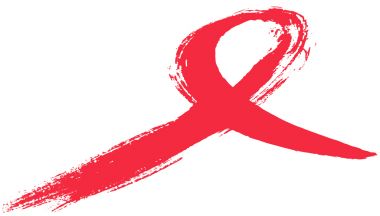World AIDS Day 2014: Getting to Zero

In the last decade, the number of people contracting HIV and dying from HIV-related illnesses has declined considerably, and substantial progress has been made in reducing the stigma of the disease.
But this good news hides the enormous task that still lies ahead. Last year 1.5 million people died of HIV-related illnesses, and it is the leading cause of death among young women worldwide.
Much of the progress that has been made has been achieved by increasing the availability of antiretroviral therapy. But of the 35 million people living with AIDS/HIV, only 37 per cent have access to treatment – leaving around 23 million people without.
Antiretroviral therapy helps to supress the HIV virus, and prevent the progression of the disease, and mothers who take the drugs during pregnancy reduce the risk of transmitting it to their child.
Chasing Zero is a Christian organisation committed to seeing the end of AIDS-related deaths worldwide. Founder and Chief Executive, Joel Wallington, says: "The increase of antiretroviral treatment being made available is helping people sustain longer and healthier lives, [but] we certainly haven't finished the job."
The aspiration to end AIDS-related deaths is shared by UNAIDS, the United Nations agency working to combat AIDS and HIV, and all the agencies affiliated with this year's World AIDS Day, focused on 'Getting to Zero' – this means zero new HIV infections, zero discrimination and zero AIDS-related deaths.
The UN's target for 2020 is 90-90-90: seeking to ensure that 90 per cent of people with HIV will receive a diagnosis, 90 per cent of those diagnosed will receive treatment and 90 per cent of treatment will have suppressed the virus.
While some argue that it is the price of drugs from pharmaceutical firms that prevents wider access to treatment, Wallington says a lack of awareness of health rights often prevents people from seeking help, especially in countries where the cost is subsidised by the government and development funds.
"Just being aware that they can go to the clinic and get them prescribed, for some people is completely alien," Wallington says.
Chasing Zero supports local volunteers, known as 'mother buddies', to educate rural communities in Malawi. These volunteers are mothers who have the disease themselves, but who work to educate pregnant women and their partners on the treatment available.
"One of the amazing things about the mother buddies," says Wallington, "is they have a story of being stigmatised [in the past], but when I was there in the village, they were heralded as fundamental, crucial parts of the community. Church leaders were honouring the women. They were sidelined five years ago and now they're at the centre of their community."











